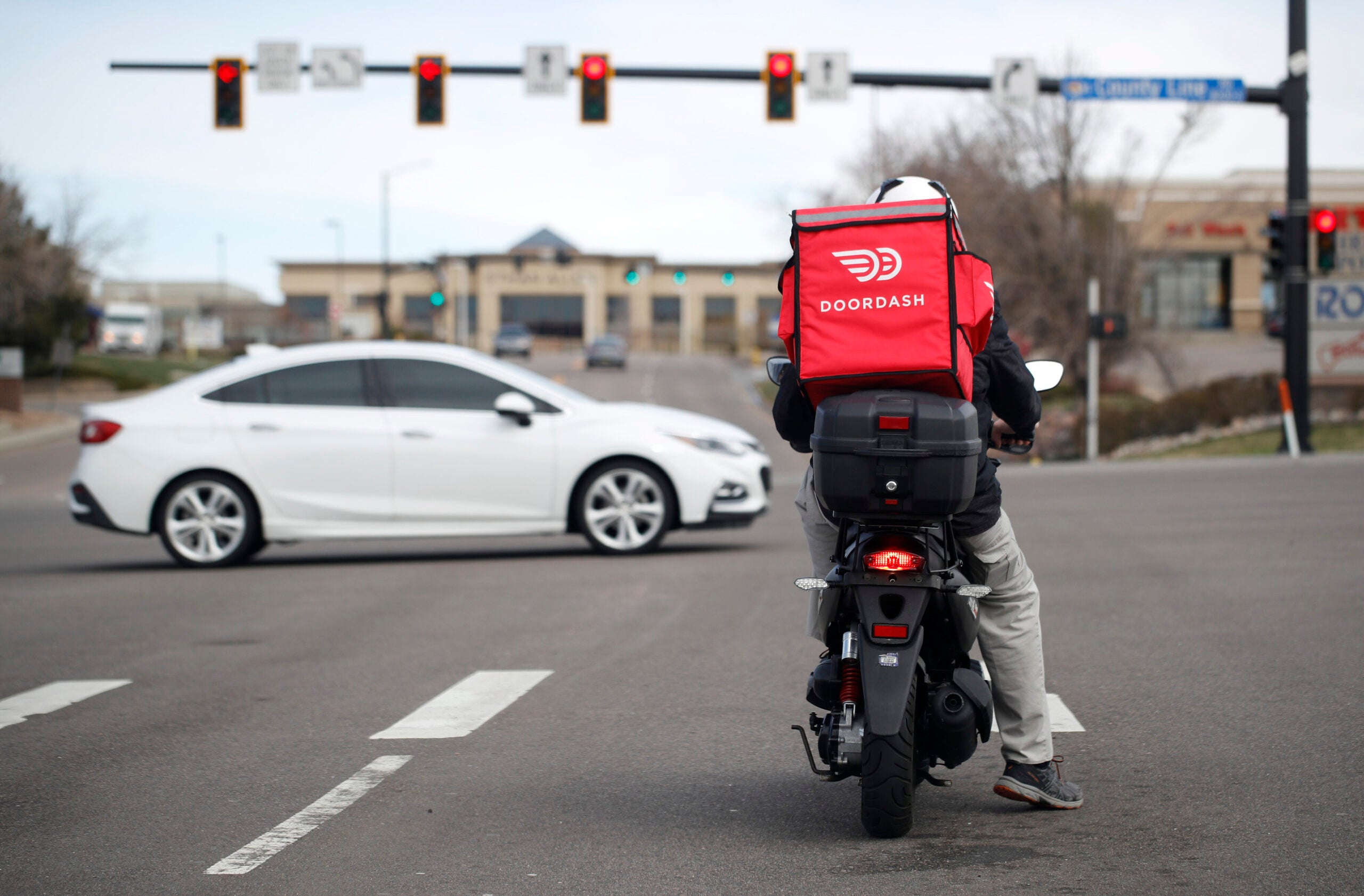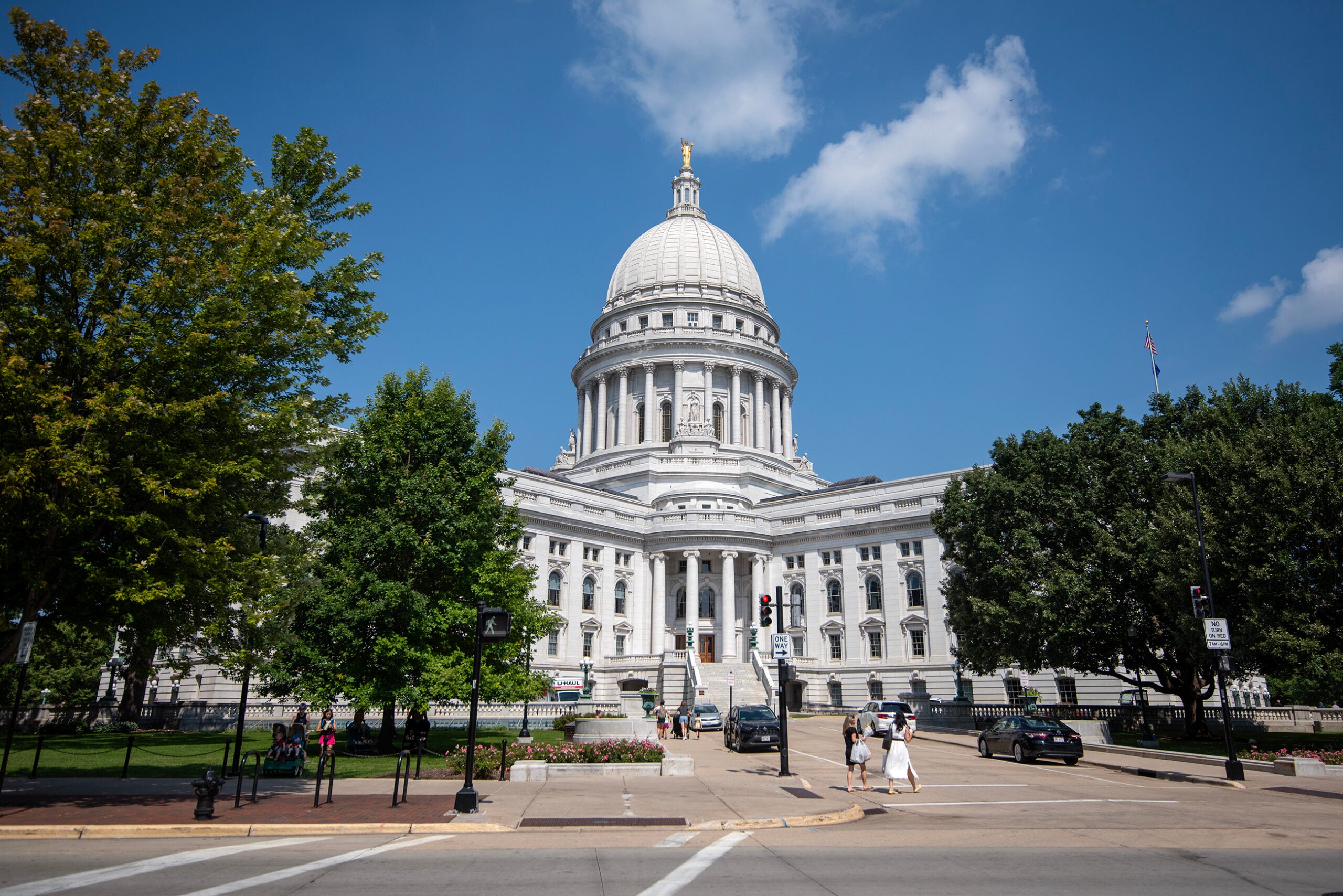Some Wisconsin gig workers would be designated as independent contractors under a proposal that received a public hearing in the state Legislature on Wednesday.
The gig workers bill would state that drivers for transit apps, like Lyft and Uber, or for delivery services, like DoorDash or InstaCart, are not direct employees of those companies.
That would exempt them from receiving worker’s compensation or being eligible for unemployment insurance. Supporters of the bill, which has bipartisan support, say that gives workers the freedom to set their own hours, determine when and how to work and drive for multiple companies without restrictions.
News with a little more humanity
WPR’s “Wisconsin Today” newsletter keeps you connected to the state you love without feeling overwhelmed. No paywall. No agenda. No corporate filter.
“We get that flexibility to work when we want to, if we want to and for how long,” said Rep. Alex Dallman, R-Green Lake, who said he used to drive for Uber.
Under the plan, some gig workers could qualify for a “portable benefit account” that can be used for health insurance or retirement payments.
Representatives for Uber, DoorDash and Instacart testified in support of the bill. It’s also supported by Wisconsin Manufacturers and Commerce, the state’s largest business lobby.
Opponents, which include the League of Women Voters and the union AFL-CIO, say gig workers often take those jobs out of necessity, and should be entitled to certain baseline standards, such as a minimum wage.
Determining how to classify gig workers has been a subject of nationwide debate, and is currently being taken up at the federal level.
Last year, the Biden administration proposed a rule that would classify those workers as employees, entitled to the benefits of full-time employees. That would roll back a rule from the previous Trump administration calling those same workers independent contractors.
Wisconsin Public Radio, © Copyright 2025, Board of Regents of the University of Wisconsin System and Wisconsin Educational Communications Board.





